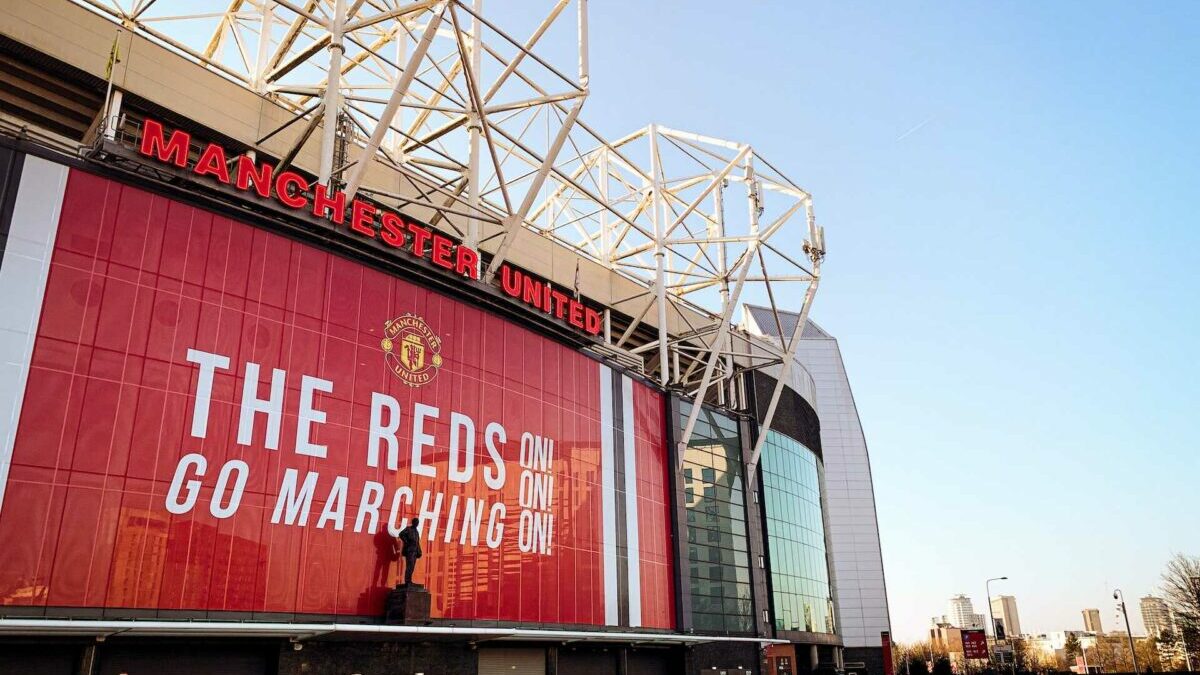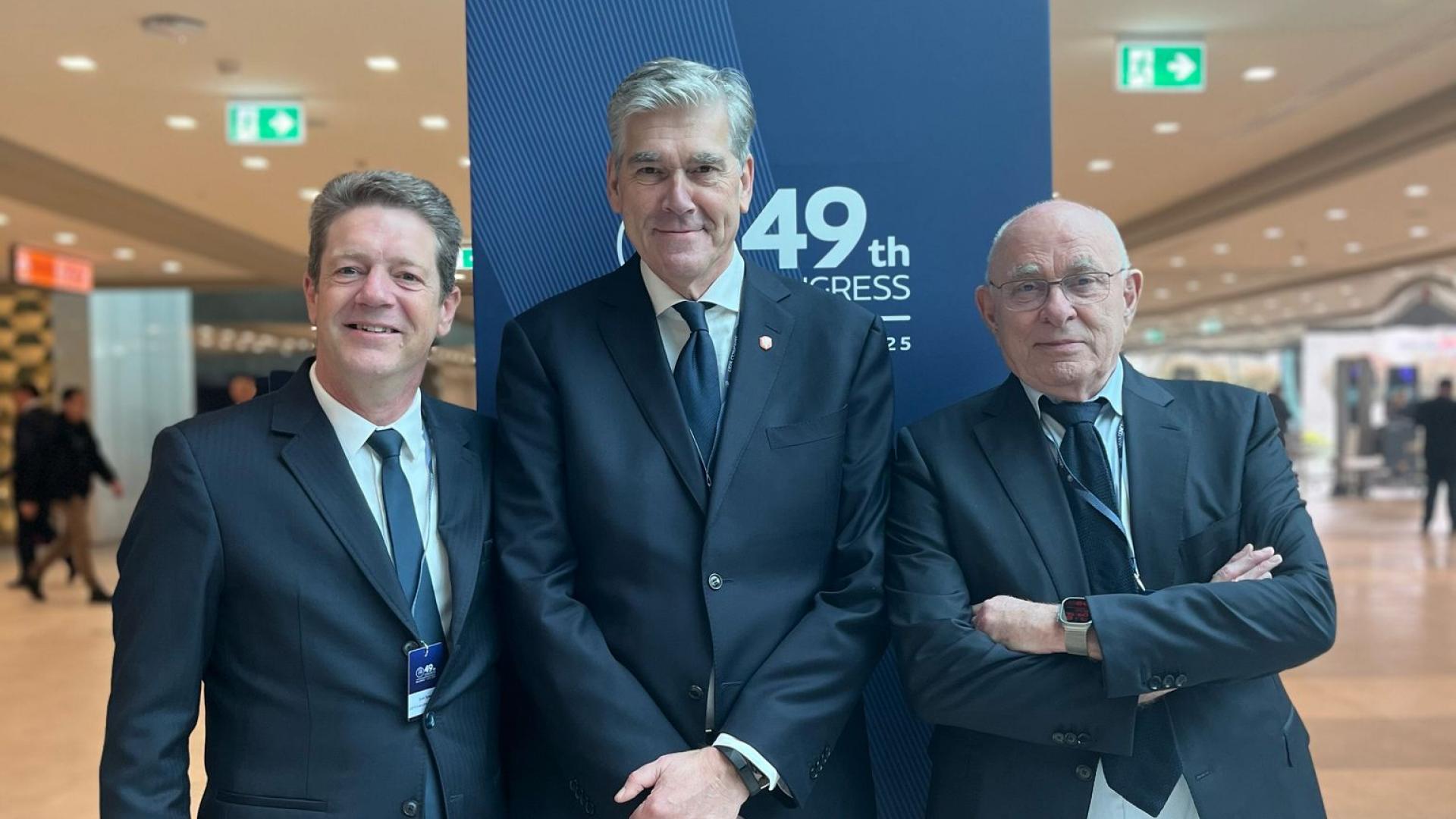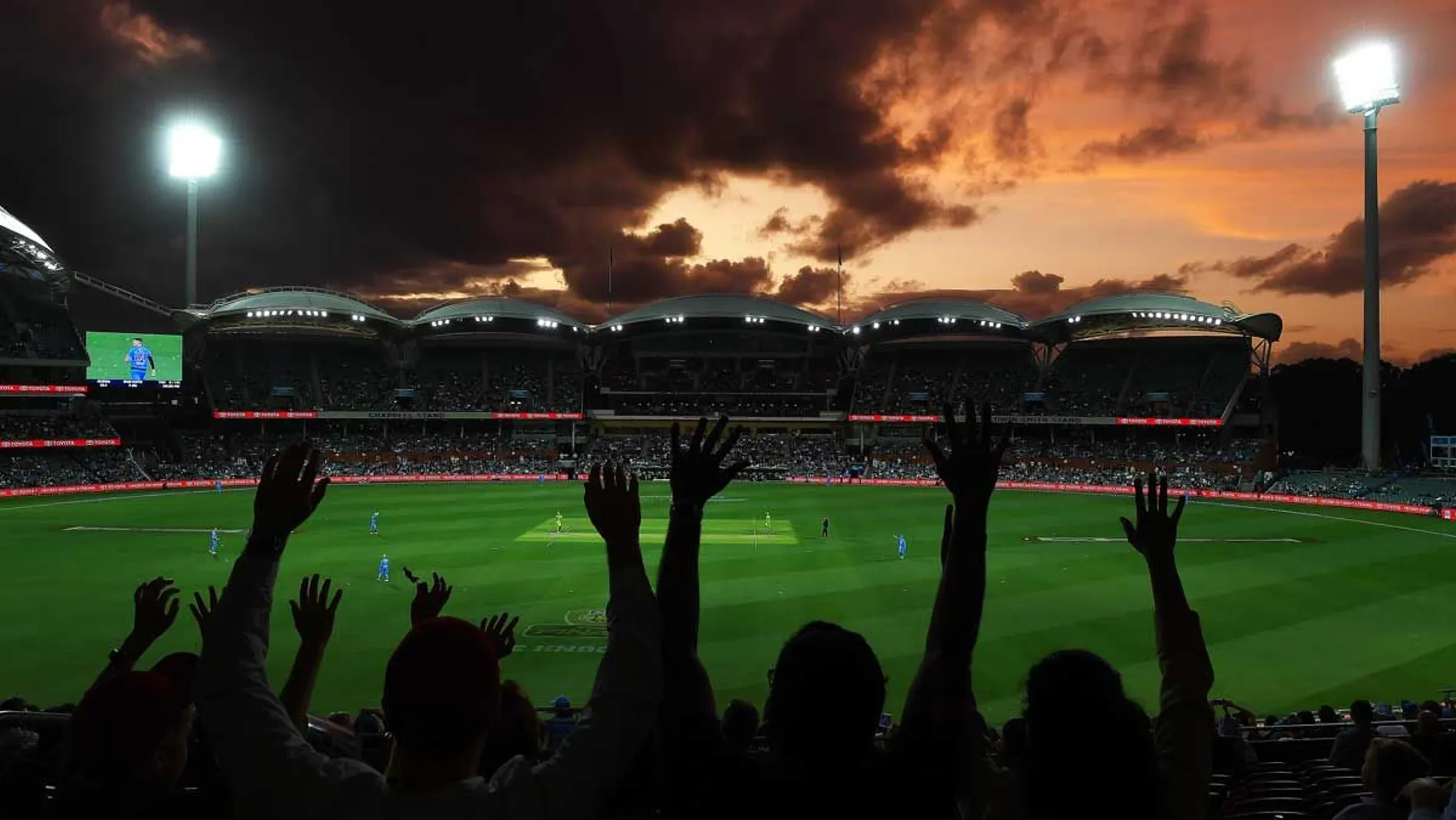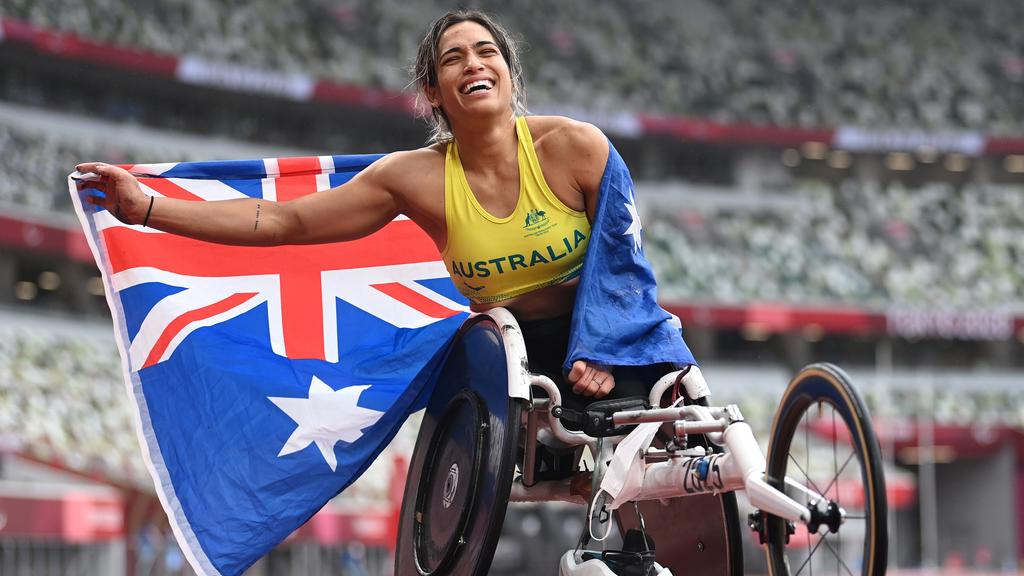Premier League club, Manchester United, has recorded £583.2 million (AUD$943 million) in revenue in their 2022 fiscal report ended June 30.
After two seasons affected by the COVID-19 pandemic, a large portion of the club’s growth came from match day revenue, up from £7.1 million (AUD$11.4 million) to £110.5 million (AUD$178.2 million).
The return of fans also reflected in a 53.7% increase in operating expenses to £117.9 million (AUD$190.7 million) due to increased traffic at Old Trafford and the Old Trafford megastore.
Commenting on the report, Manchester United CEO, Richard Arnold, said: “Our club’s core mission is to win football matches and entertain our fans.”
“Since our last earnings report, we have strengthened our men’s first team squad, completed a successful summer tour, and established a foundation to build from in the early stages of the 2022/23 season under our new manager Erik ten Hag.
“We have also contributed to develop our Women’s team with an aim of reinforcing our position among the leading clubs the women’s Super League,” he said.
Manchester United chief financial officer, Cliff Baty, added: “Our financial results for fiscal 2022 reflect a recovery from the pandmeic, a full return of fans and new commercial partnerships offset by increased investment in the playing squad.”
“Our results have been adversely affected by the absence of a summer tour in July 2021, material exceptional and increased utility costs, and the impact of the weakening of sterling on our non-cash finance costs,” he said.
Despite the heightened revenue, Manchester United still reported a £87.4 million (AUD$141.1 million) operating loss, and a 22% net debt increase to £514.9 million (AUD$831.4 million).
There was also a 19.1% increase to £384.2 million (AUS$622.9 million) in employee benefit expenses as the club invested in the first team squad, after acknowledging the signing of five regular first-team players.
The clubs’ recent financial results follow reported interest from British chemical engineer and businessman, Sir Jim Ratcliffe, to buy the club from it’s current owners, the Glazer family.







